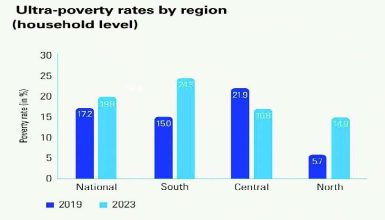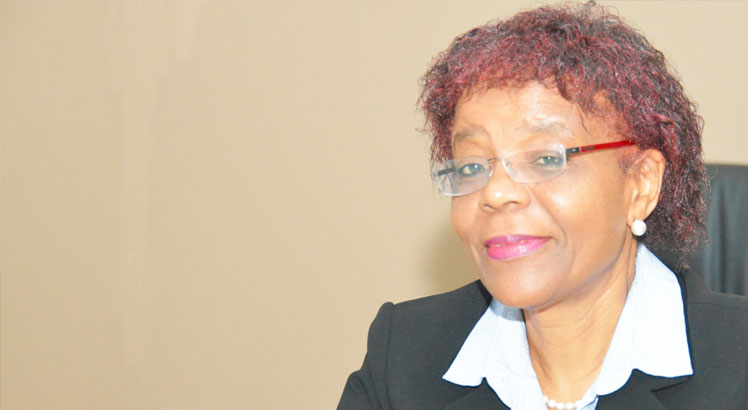Government upbeat on mining growth
The Ministry of Mining says it is optimistic of the sector’s contribution to the gross domestic product (GDP) of between 10 and 20 percent in the medium to long-term.
The ministry’s spokesperson Andrew Mkonda said the growth will depend on the contributions from other sectors. Presently, the sector contributes roughly about one percent to GDP, the broadest measure of economic growth.
He was responding to a questionnaire based on World Bank’s analysis that it will take a decade before Malawi starts reaping from the reforms and progress in the mining sector.
The Bretton Woods institution said many variables could influence the materialisation of these benefits.

Mkonda said government has put the mining sector as a priority by implementing tax incentives, establishing mining and minerals regulatory authority and earmarking some roads to potential major mining projects for upgrading.
He said: “We are in discussions with the Ministry of Energy to provide power to potential major mining projects and other major energy projects are in the pipeline to increase power to the national grid.
“We have introduced community development agreements as requirements for large-scale mining projects, establishment of the Malawi Environment Protection Authority and gold and gemstone buying initiatives by the Reserve Bank of Malawi.”
To beef up expertise, Mkonda said government has introduced mining-related programmes at the Malawi University of Business and Applied Sciences and Malawi University of Science and Technology and University of Malawi.
Currently, seven larger projects are moving ahead and may begin production before the end of the decade.
They include Kanyika Niobium Mining in Mzimba, Songwe Hill Rare Earths Mining in Phalombe, Malingunde Graphite in Lilongwe, Rutile in Lilongwe, Makanjira Heavy Mineral Sands in Mangochi, Tengani -Heavy Minerals Sands in Nsanje Kangankunde Rare Earth in Balaka, this is according to the Ministry of Mining.
Mining is one of the priority areas under the industrialisation pillar in the country’s effort to achieve the upper-middle income status by 2063.
In its July 2023 Malawi Economic Monitor, the World Bank observed that while projections from mining firms indicate that the sector could play a significant role in the economy, these projections need to be treated with caution at this stage.





